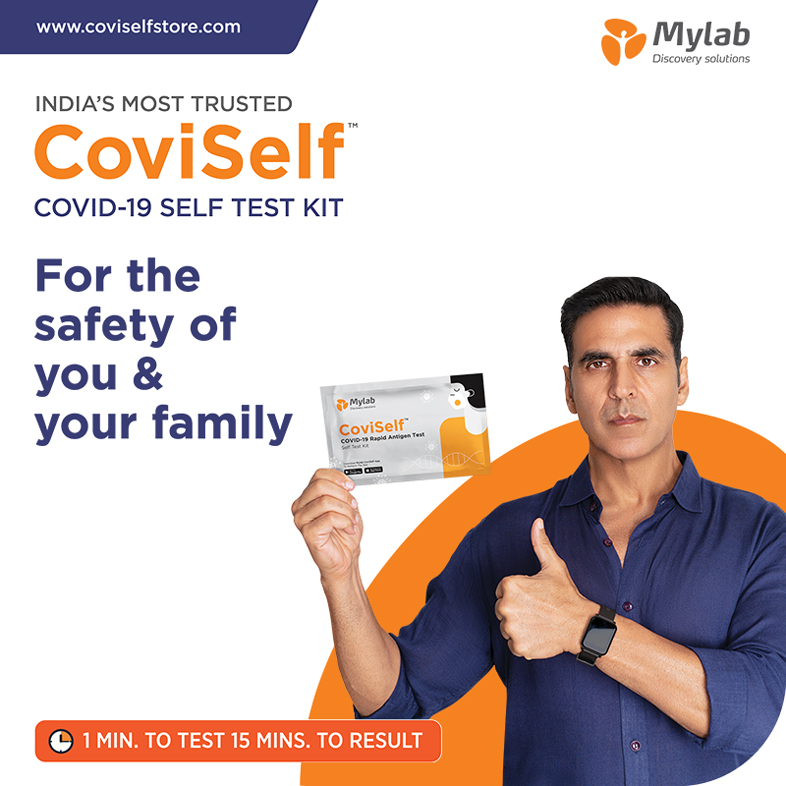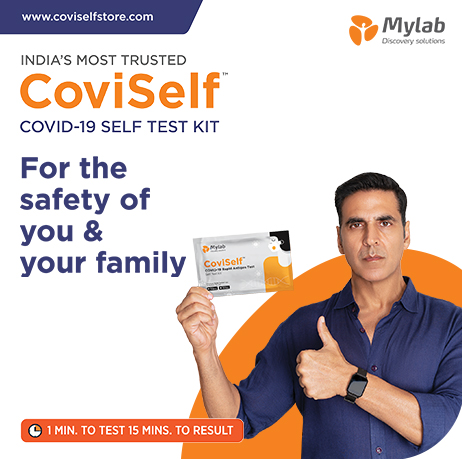“Accreditation process direct attack on freedom of press”: Poonawalla’s representation to Ministry of I&B
Read Time: 06 minutes
Tehseen Poonawalla recently filed a representation before the Ministry of Information and Broadcasting challenging the Central Media Accreditation Guidelines, 2022 terming it as unconstitutional, arbitrary and irrational.
The representation drawn by Advocates TK Nayak and Aaditya Mishra in consultation with Advocate Deepali Dwivedi, stated that the 2022 guidelines issued by the PIB are violative of Article 19 (1) (a) of the Constitution of India .
Poonawalla says that media being the fourth pillar and an inseparable part of democracy, inter alia acts as a conduit for the citizens of the country when it comes to dissemination of information pertaining to actions / lapses on part of the government and ensuring accountability thereof.
Therefore, it is imperative that freedom of speech and expression of the media as guaranteed under Article 19 (1) (a) if the Constitution of India, was free from all / any kind of interferences /encumbrances, especially from the government, politicians and bureaucrats.
The representation further stated that by way of the CMAG 2022 the GoI has taken over the entire accreditation process of journalists which is a direct attack on press freedom.
It states that, “the CMAG 2022 is an obvious attack on Press Freedom, with the Gol taking control over the entire process of accreditation of working journalists / other categories of persons, implicitly if not explicitly. The CMAG 2022 supersedes "The Central News Media Accreditation Guidelines, 1999" ["CNMAG 1999' (as amended on 13.09.2012)], and introduces provisions which confer a wide array of powers upon the Gol ranging from nomination of Members to the Central Media Accreditation Committee [('CMAC') earlier known as Central Press Accreditation Committee (CPAC")] to suspension / withdrawal of accreditation of journalists.”
According to the representation, the CMAG 2022 is also in teeth of the 'Model Accreditation / Advertisements Rules, 2014 (Model Rules 2014) formulated by the Hon'ble Press Council of India - which was a statutory quasi- judicial authority regulating the conduct as well as ensuring freedom of press. Needless to mention, guidelines for the purpose of accreditation of journalists have to be in consonance with the Model Rules 2014.
The representation further states that the provisions contained in the CMAG 2022 pertaining to composition of the Central Media Accreditation Committee, guidelines for Suspension / Withdrawal of Accreditation and establishment of a Review Mechanism (for rejected applications) inter alia, which were in flagrant violation of the Model Accreditation / Advertisement Rules, 2014 – are also vague, inconspicuous and confer massive scope for abuse of power by the GoI.
Lastly, the representation sought striking down of the CMAG 2022 with immediate effect for its vagueness and in the interest of democracy.
“the CMAG 2022 be struck down with immediate effect for its vagueness that allows for abuse of power especially by the Gol and its operation will encumber upon the free will of journalists, resulting in spread of misinformation in the public which puts the idea of a democratic nation at risk.”








